- Home
- About OSAWELL
Traditional treatments for Obstructive Sleep Apnea (OSA) primarily rely on surgical procedures and Continuous Positive Airway Pressure (CPAP) therapy. However, during the COVID-19 pandemic in 2020, widespread lockdowns led many patients to avoid non-essential medical visits, particularly those involving high-risk areas such as the oral cavity and upper respiratory tract. In response, Professor Han-Bin Kuo, then Director of the Department of Pulmonary Medicine at Taipei Medical University Hospital, and Professor Da-Yuan Wang, a Columbia University-trained specialist and then Dean of the College of Oral Medicine, identified this clinical need and emerging trend, initiating a cross-disciplinary collaboration to develop an innovative, non-invasive alternative to surgery and CPAP.
Following three years of clinical research, the project gained strong endorsement from Professor Fei-Peng Lee, Vice President of Taipei Medical University and former Director of the Department of Otolaryngology at Shuang Ho Hospital. Serving as both research advisor and board member, he facilitated deeper collaboration across pulmonology, otolaryngology, and dentistry. This partnership ultimately led to the development of the OSAWELL Mandibular Advancement Device—a solution integrating clinical data, digitally optimized design, and a structured database. In 2023, the device received dual patents in Taiwan and the United States. In January 2024, the technology was officially licensed to ShareSmile Biotech Co., Ltd. , which has since focused on refining the product's manufacturing, materials, and clinical implementation, with a strategic push toward global market expansion to benefit OSA patients worldwide.
At the core of OSAWELL's technology is a customized digital analysis system combined with 3D occlusal scanning. It accurately calculates the mandibular advancement required for each patient based on their anatomical and airway structure, maximizing airway patency. Digital simulation minimizes temporomandibular joint (TMJ) discomfort and muscle fatigue caused by excessive movement, thereby enhancing user comfort and long-term adherence. Clinical studies demonstrate that OSAWELL effectively reduces the Apnea-Hypopnea Index (AHI) and improves blood oxygen saturation. Its digital design also enhances treatment accuracy and patient acceptance, making it a mainstream option for mild to moderate OSA and a potential alternative for severe cases.
In 2022, the OSAWELL team was invited to present at the World Sleep Congress in Rio de Janeiro, Brazil, where the product received critical acclaim from global experts. Notably, Dr. Stanley Liu, Associate Professor of both Dentistry and Otolaryngology at Stanford University, and Dr. Leopoldo Correa, Associate Professor at Tufts University, provided valuable insights and professional feedback on OSAWELL’s development. After continuous refinement, the upgraded OSAWELL Pro was officially launched in 2024. Made from Medura, a patented nano-laser polymerized material, it offers enhanced clinical adaptability and durability. The device has since received collaboration requests and recognition from numerous teaching hospitals and international research institutions.
The development of OSAWELL exemplifies the integration of digital technology and sleep medicine, marking a new era of precision and non-invasive OSA treatment. As global awareness of OSA continues to rise, the OSAWELL team is dedicated to further innovations, including AI analytics, smart materials, and remote monitoring integration, with a mission to provide safer, more comfortable, and effective treatment options to patients worldwide.
International Expert Advisory Board
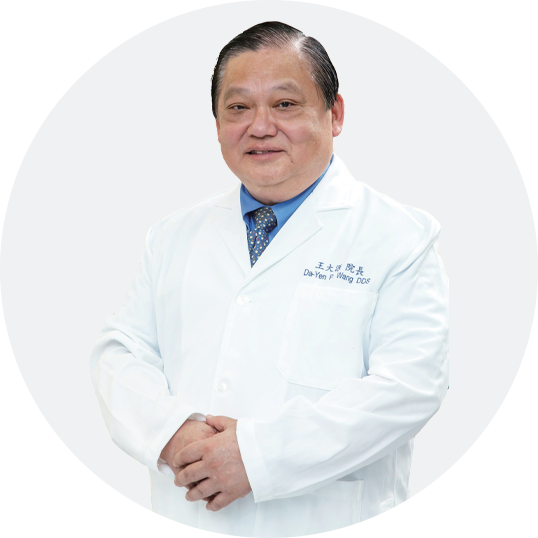
Dr. Da Yuan Wang
Doctor of Dental Surgery from Columbia University, specializing in periodontology and holding a Master’s in Nutrition. He earned his bachelor’s degree in dentistry from Taipei Medical University. Former Clinical Director of the Columbia University Implant Center, Dr. Wang was the first to introduce implant technology to China and pioneered the concept of painless implantation. He previously served as Dean of the College of Oral Medicine at Taipei Medical University and holds a U.S. dental license.
ImplantologyPeriodontal TherapySedation Dentistry
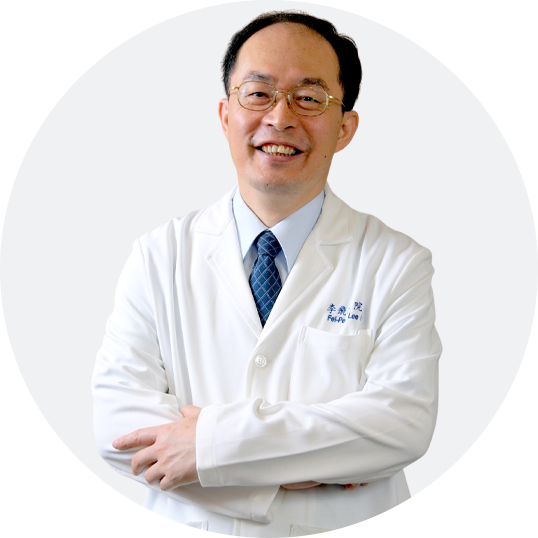
Dr. Fei Peng Lee
A leading authority in otolaryngology in Taiwan, Dr. Lee previously served as President of Shuang Ho Hospital, Wanfang Hospital, and Taipei Medical University Hospital. He is currently a Professor of Otolaryngology at Taipei Medical University and was the 14th President of the Taiwan Society of Otolaryngology.
OtologyPediatric ENTHead and Neck SurgeryGeneral ENT Disorders
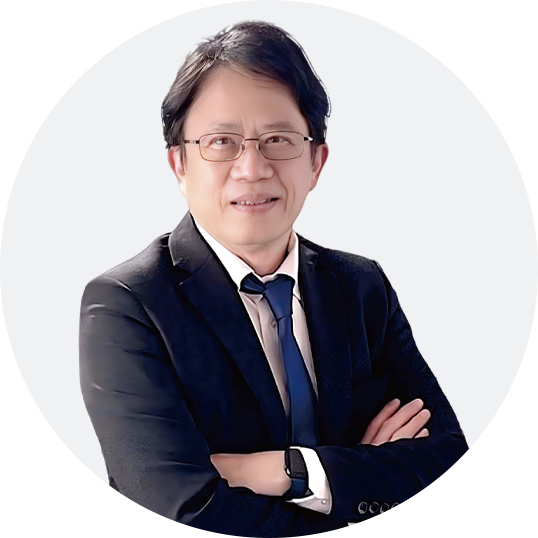
Dr. Chia Tze Kao
Professor at the College of Medicine, Chung Shan Medical University. Former Vice President of the university and former Director of the Department of Orthodontics at Chung Shan Medical University Hospital.
OrthodonticsPediatric DentistryInvisible Aligners
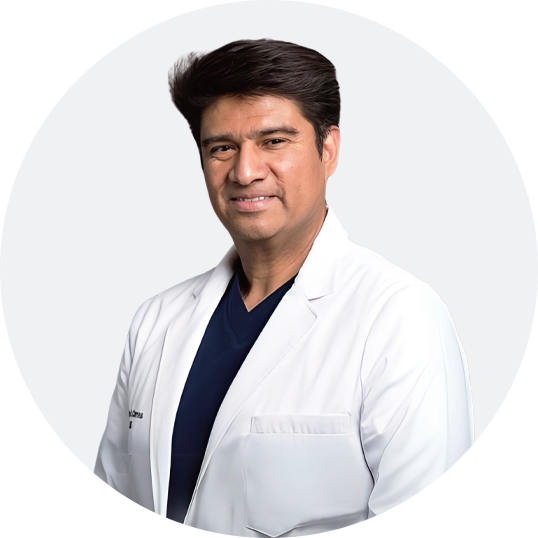
Dr. Leopoldo P. Correa
Former Associate Professor at Tufts University School of Dental Medicine, Dr. Correa is a member of the American Academy of Dental Sleep Medicine. He also serves as Director of the Global Dental Sleep Medicine Research Program and Co-Founder and Co-Chair of the World Dental Sleep Society (WDSS). With over 20 years of experience in dental sleep medicine, he is recognized internationally as a leading expert and speaker in the field.
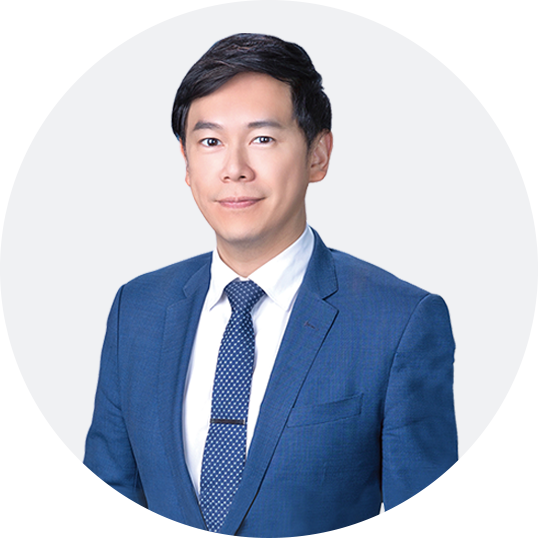
Dr. Stanley Liu
Former Associate Professor at Stanford University and Fellow of the American College of Surgeons, Dr. Liu is a leading authority on OSA-related surgeries. He is currently the Chair of the Department of Oral and Maxillofacial Surgery at Nova Southeastern University. He is one of the few physicians globally with combined expertise in biology, medicine, and dentistry, and serves as a founding member of the World Dental Sleep Medicine Society and a reviewer for the Journal of World Sleep Medicine, with over 90 published scientific articles and frequent international speaking engagements.
Mandibular Advancement Device, MAD References:
1. An Update on Mandibular Advancement Devices for the Treatment of Obstructive Sleep Apnoea Hypopnoea Syndrome. By Alison M. Dudley, Simon Ash, and Bhik Kotecha., 2018.
2. Efficacy and Mechanism of Mandibular Advancement Devices for Persistent Sleep Apnea After Surgery: A Prospective Study, by Yoshitaka Ogawa, Tetsuji Sanuki, and Tetsuya Machida., 2016.
3. Long-term Efficacy of Mandibular Advancement Devices in the Treatment of Adult Obstructive Sleep Apnea: A Systematic Review and Meta-analysis. By Min Yu, Yanyan Ma, and Fang Han., 2023.
